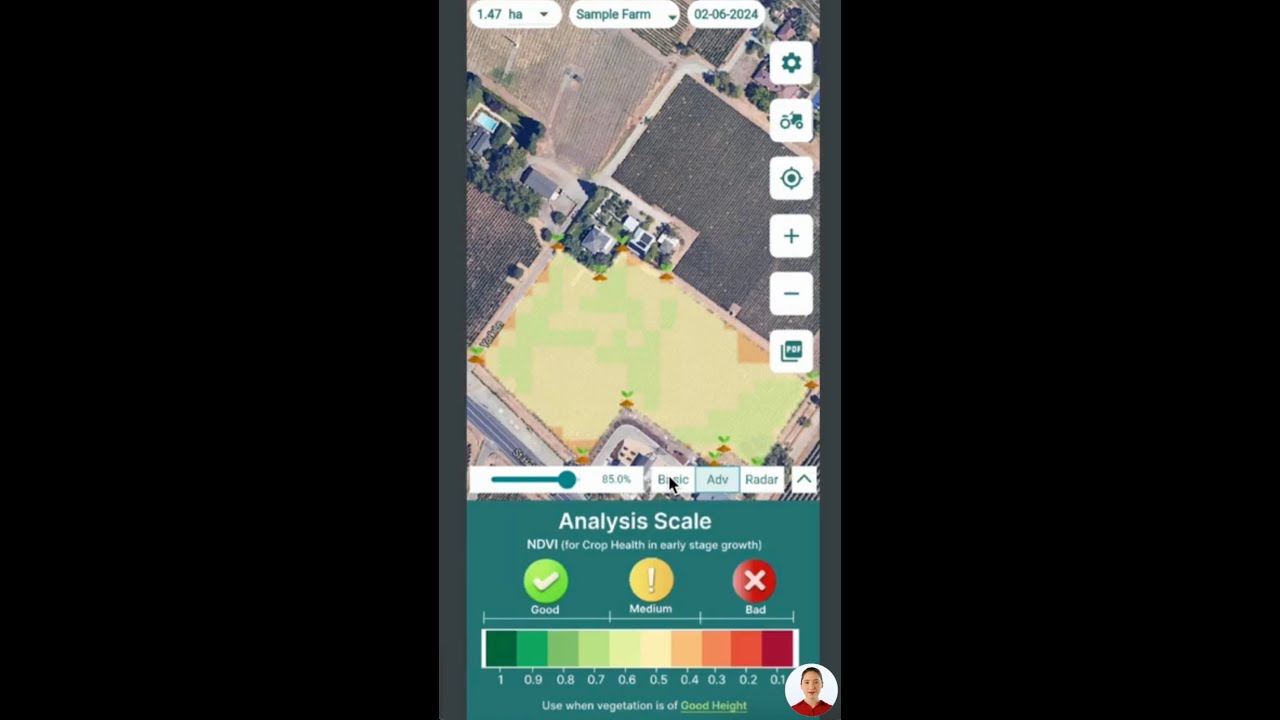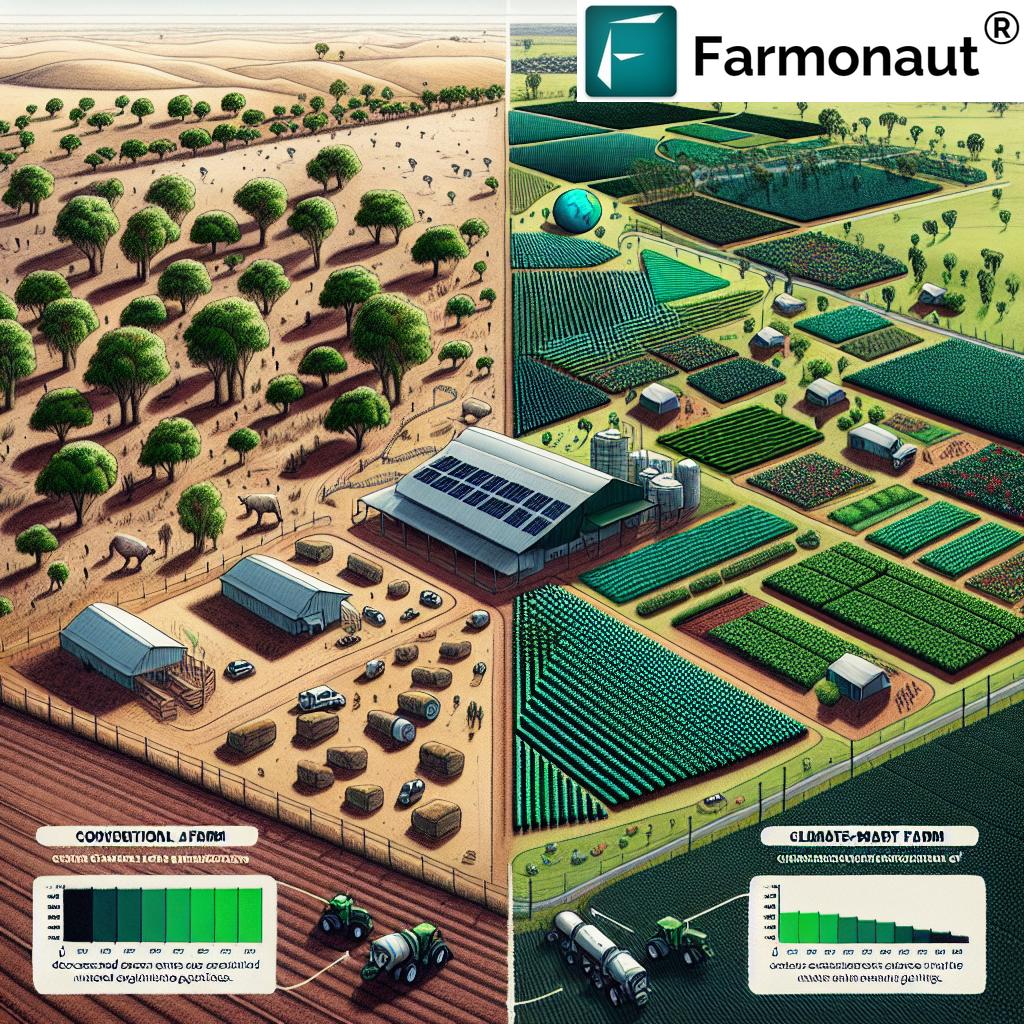Global Economic Uncertainty: Australia’s Budget Response to US Trade War and Tariff Impact
“Australia’s upcoming budget addresses challenges from new US tariffs, focusing on economic resilience amid global uncertainty.”
“Australia’s upcoming budget addresses challenges from new US tariffs, focusing on economic resilience amid global uncertainty.”

In an era of unprecedented global economic uncertainty, we find ourselves at a critical juncture where international trade tensions are reshaping the world economy. Australia, like many nations, is bracing for potential fallout from new US tariffs, with the upcoming Australian budget aiming to address these challenges amidst international market instability and domestic cost-of-living concerns. As trade policies threaten to impact inflation and exports, the Australian government is focusing on economic resilience strategies to navigate these turbulent waters.
The Looming Threat of US Tariffs
The recent announcement of new US tariffs has sent shockwaves through global markets, with Australia particularly vulnerable to their impact. Jim Chalmers, Australia’s treasurer, has warned that the United States is poised to ignite a fuse under world markets with new tariffs and trade chaos. This development comes just days before the delivery of Australia’s fourth national budget on March 25, casting a long shadow over the country’s economic outlook.
The potential return of Donald Trump to the White House has amplified concerns about the stability of the global economy. Chalmers described the situation as “a whole new world of uncertainty,” emphasizing that while the changes from the US are not surprising, they are indeed seismic in nature.
Australia’s Budget Response to Trade War
In response to these challenges, the Australian government is preparing a budget that aims to address both domestic and international pressures. Key elements of the budget include:
- $1.8 billion in new electricity bill subsidies, lasting six months
- Measures to cope with rising energy costs and global market volatility
- Strategies to enhance economic resilience in the face of external shocks
Chalmers has confirmed that the budget will include these electricity subsidies, translating to approximately $1.1 billion USD. While this will impact the budget’s bottom line, it’s deemed necessary to alleviate what Chalmers refers to as a continuing cost-of-living crisis.
Global Market Instability and Its Impact on Australia
The international environment is currently more volatile than it has been in years, with conflicts in the Middle East and Europe contributing to political uncertainty and division worldwide. This instability is compounded by the US trade policies, which Chalmers warns are “self-defeating” and “self-sabotaging,” potentially leading to less growth and higher inflation not just in the US, but globally.
Australia has been actively seeking an exemption from US tariffs, particularly on steel and aluminum. However, these efforts have thus far been unsuccessful. The government is now bracing for the potential impact on key Australian industries, especially exports that depend on US markets.
Economic Fallout from US Trade Policies
The fallout from the US trade war is expected to have far-reaching consequences:
- Potential impact on Australian exports, including beef and pharmaceuticals
- Disruption to global supply chains
- Increased uncertainty in financial markets
- Potential slowdown in global economic growth
While the immediate impact of the tariffs on Australian growth is estimated to be minor (less than 0.02% by 2030), there are concerns that this figure could rise rapidly if the trade war escalates.
“Despite global trade tensions, Australia shows signs of recovery with improvements in wages and employment, balancing domestic needs with international pressures.”
Signs of Economic Recovery Amidst Uncertainty
Despite the challenging global environment, there are some positive indicators in the Australian economy:
- Inflation is trending downward
- Real wages are increasing
- Unemployment remains low by historical standards
- National debt levels have decreased
- Interest rates have begun to decline
- Economic growth is rebounding, led by the private sector
These factors provide a glimmer of hope as Australia navigates the complex global economic landscape. However, the government remains cautious, acknowledging that external risks, particularly from US trade policies, are too significant to ignore.

Trade Policy Effects on Inflation and Australian Exports
The new US tariff regime, set to start in April, is expected to add significant pressure to an already fragile global system. The tariffs are based on what Trump calls “reciprocal rates” – if a country has high tariffs on US goods, he plans to return the favor. Additionally, Trump has proposed extra tariffs on cars, steel, aluminum, microchips, and pharmaceuticals.
For Australia, this poses several challenges:
- Potential increase in import costs, leading to higher consumer prices
- Reduced competitiveness of Australian exports in the US market
- Disruption to global supply chains that Australian businesses rely on
- Increased uncertainty for businesses engaged in international trade
The Australian government is preparing for these challenges by incorporating policies in the upcoming budget designed to shield the economy from potential trade disruptions. However, Chalmers has cautioned that the international situation is evolving so rapidly that no budget can fully absorb the damage if Trump’s tariffs expand significantly.
International Trade Tensions and Australia’s Response
As international trade tensions escalate, Australia finds itself in a precarious position. The country’s economic well-being is heavily dependent on open trade, making it particularly vulnerable to protectionist policies. In response to these challenges, the Australian government is adopting a multi-faceted approach:
- Diversifying Trade Partners: Australia is actively seeking to expand its trade relationships beyond traditional partners to reduce dependency on any single market.
- Investing in Innovation: The government is encouraging investment in high-tech industries to create new export opportunities less susceptible to tariffs.
- Strengthening Regional Alliances: Australia is working to bolster economic ties within the Asia-Pacific region to create a more resilient trade network.
- Diplomatic Efforts: Continued engagement with the US to negotiate tariff exemptions and maintain positive trade relations.
These strategies aim to mitigate the impact of global trade tensions while positioning Australia for long-term economic success.
Budget Measures for Cost of Living Crisis
The upcoming budget is set to address the ongoing cost of living crisis that many Australians are facing. Key measures include:
- Electricity bill subsidies to provide immediate relief to households
- Targeted support for low and middle-income families
- Investments in renewable energy to reduce long-term energy costs
- Initiatives to increase housing affordability
These measures are designed to provide both immediate relief and long-term solutions to the cost of living pressures exacerbated by global economic uncertainty.
Economic Resilience Strategies
In the face of global economic challenges, Australia is focusing on building economic resilience. This involves:
- Strengthening domestic industries to reduce reliance on imports
- Investing in education and skills training to create a more adaptable workforce
- Supporting small and medium enterprises to enhance economic diversity
- Encouraging innovation and research to drive future economic growth
These strategies aim to create a more robust and flexible economy capable of withstanding external shocks and adapting to changing global conditions.
The Role of Technology in Economic Resilience
As Australia seeks to navigate these challenging economic times, technology plays a crucial role in enhancing productivity and competitiveness. Companies like Farmonaut are at the forefront of this technological revolution, particularly in the agricultural sector.
Farmonaut offers advanced, satellite-based farm management solutions that can help Australian farmers optimize their operations and increase productivity. By leveraging technologies such as satellite imagery, artificial intelligence, and blockchain, Farmonaut provides valuable tools for:
- Real-time crop health monitoring
- AI-based advisory systems for farm management
- Blockchain-based traceability for agricultural products
- Resource management tools to optimize farm operations
These technologies can help Australian farmers remain competitive in global markets, even in the face of trade challenges. By improving efficiency and productivity, tools like those offered by Farmonaut can contribute to Australia’s overall economic resilience.
For more information on how Farmonaut’s solutions can benefit Australian agriculture, visit their web application or explore their API for developers.
Economic Impact Comparison
| Economic Indicator | Pre-Tariff Estimate | Post-Tariff Projection |
|---|---|---|
| GDP Growth Rate | Moderate Growth (2-3%) | Slight Decline (1.5-2.5%) |
| Unemployment Rate | Low (3.5-4%) | Potential Increase (4-4.5%) |
| Inflation Rate | Stable (2-3%) | Possible Rise (2.5-3.5%) |
| Export Value | Strong Growth | Moderate Growth to Stagnation |
| Trade Balance | Surplus | Reduced Surplus or Potential Deficit |
| Key Affected Industries | Diverse Growth | Steel, Aluminum, Agriculture, Pharmaceuticals |
Looking Ahead: Australia’s Economic Outlook
As Australia prepares to navigate the choppy waters of global economic uncertainty, the upcoming budget will be crucial in setting the course for the nation’s economic future. While challenges abound, there are also opportunities for innovation and growth.
The government’s focus on economic resilience, coupled with investments in technology and sustainability, may help Australia weather the storm of international trade tensions. However, much will depend on how global events unfold, particularly the implementation and impact of US tariffs.
As we move forward, it’s clear that adaptability and innovation will be key to Australia’s economic success. Technologies like those offered by Farmonaut, which enhance productivity and sustainability in crucial sectors like agriculture, will play an important role in building a resilient and competitive economy.
FAQ Section
- How will the new US tariffs affect Australia’s economy?
The immediate impact is expected to be minor, but there are concerns about potential escalation affecting key export industries and overall economic growth. - What measures is the Australian government taking to address the cost of living crisis?
The government is introducing electricity bill subsidies, targeted support for low and middle-income families, and investments in renewable energy to reduce long-term costs. - How is Australia preparing for potential trade disruptions?
Australia is diversifying trade partners, investing in innovation, strengthening regional alliances, and continuing diplomatic efforts with the US. - What role does technology play in Australia’s economic resilience strategy?
Technology, including solutions like those offered by Farmonaut, is crucial for enhancing productivity and competitiveness, particularly in sectors like agriculture. - What are the key components of Australia’s upcoming budget?
The budget focuses on economic resilience, cost of living relief, investments in innovation and sustainability, and measures to shield the economy from global market volatility.
In conclusion, while the road ahead may be challenging, Australia’s proactive approach to addressing global economic uncertainty positions the country to navigate these turbulent times. By focusing on economic resilience, embracing technological innovation, and maintaining a balanced approach to domestic and international pressures, Australia aims to emerge stronger from this period of global economic upheaval.
For more information on Farmonaut’s innovative agricultural solutions:




















